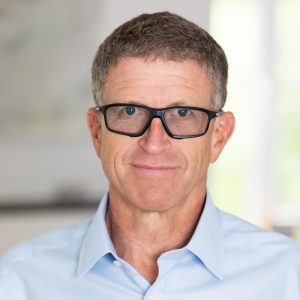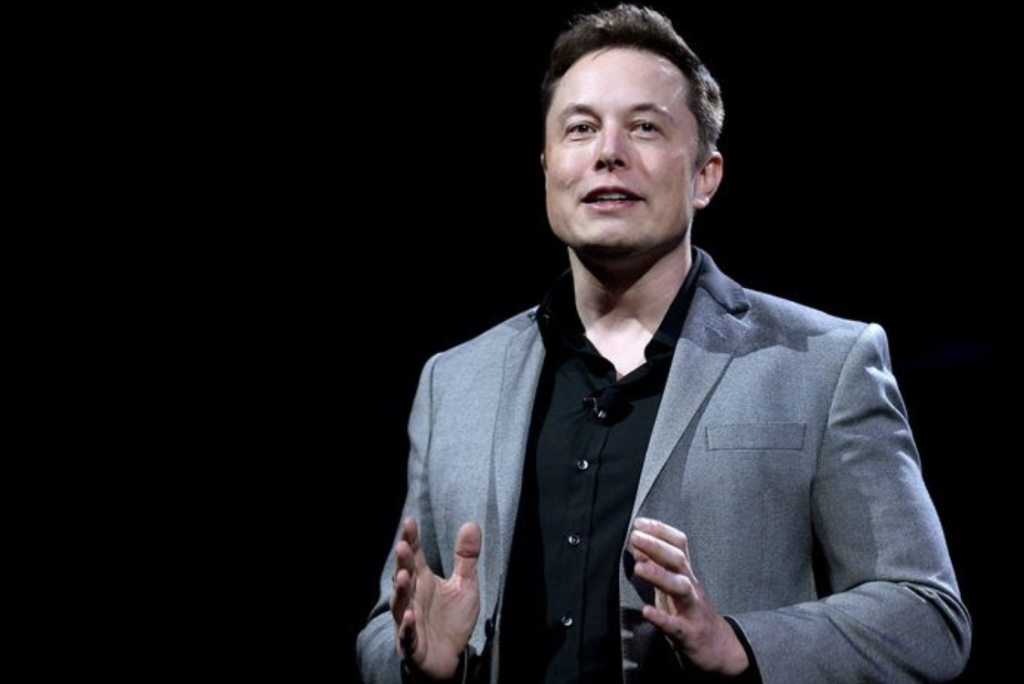
Neil Crofts
Co-founder
Holos Change Ltd

Co-founder
Holos Change Ltd

Like some other polarising public figures, virtually everything we read or see about Elon Musk is partisan, one way or the other. Short-sellers, incumbent automotive and fossil fuel companies indulge in significant lobbying and there are plenty of anti-Muskers. On the other side, there is an army of Musk fanboys and girls for whom he can do nothing wrong.
Then there is Musk himself, for whom the word mercurial could have been coined. On the one hand, brilliant, thoughtful, creative, incisive and inspiring. On the other, amazingly stupid, short-sighted, brash and cruel.
One thing to know about Musk is that he has Asperger’s. Typically, those with Asperger’s find it difficult to relate socially, failing to spot subtleties and being very literal, they can also be rigid in their thinking patterns.
It would appear that Asperger’s has conferred both advantages and disadvantages on Musk. His extraordinary ability to focus intensely on a problem for sustained periods has enabled huge breakthroughs at both Tesla and SpaceX (though it seems it is yet to deliver results at Twitter). However, his handling of relationships on Twitter and off, and how he deals with employees has, too often, been destructive.
In our Holos lexicon of leadership, Musk does not qualify as an Authentic Leader. Authentic leadership delivers sustained success by enabling everyone to be the best version of themselves as much of the time as possible – Musk clearly does not do this. He is, rather, a Visionary Leader.
Visionary style leaders enrich the future, unlike Ruler style leaders who impoverish it. And visionary style leaders are always divisive, they always demand too much commitment to the vision of their people, they are always extreme.
As Musk himself said, on his Saturday Night Live appearance where he announced his Asperger’s, “To anyone who I’ve offended [with my Twitter posts], I just want to say I reinvented electric cars, and I’m sending people to Mars in a rocket ship. Did you think I was also going to be a chill, normal dude?”
The pattern is similar with other visionary leaders, although as far as I know, none have been diagnosed with an Autism Spectrum Disorder.
Steve Jobs, Isambard Kingdom Brunel, Ferdinand Porsche, Henry Ford, Mohandas (Mahatma) Gandhi, Thomas Edison, Marie Curie and Nikola Tesla were all obsessive about their visions, sometimes to an uncomfortable degree. Some also held what today would be considered extreme and uncomfortable views. Ferdinand Porsche was not only a member of the Nazi party but also in the SS. Henry Ford was antisemitic and believed in a Jewish conspiracy to undermine the American way of life.
Elon Musk, along with the brilliant engineers at Tesla, has already dramatically changed the trajectory of the automotive industry and ultimately the fossil fuel industry (and possibly life on Earth). There was absolutely no inevitability about the switch to electric cars or large parts of the energy transition without the disruption that Tesla has been building since 2012.
In March 2023, 10% of all car sales in Europe were pure electric with electric cars made by Tesla, Volvo, Dacia, Audi, VW, Fiat, Skoda, Ford, Kia, Renault, Peugeot, Hyundai, BMW, Porsche and MG.
Tesla’s next challenge to the car industry will be by halving their manufacturing costs, when they are already at least 5 times more profitable, per car, than the rest of the industry.
Elon Musk and the team at SpaceX have revolutionised how we get to space by perfecting reusable rockets that reduce the cost per payload kilo by 90% compared to single-use rockets.
Other ventures are more controversial, Neuralink has the potential to restore movement to people who are paralysed and may also be able to restore sight and hearing. However, the technology is tested on animals. And then there is Twitter. I am at a loss to understand why Musk bought Twitter and very few positive stories emanate from the organisation.
Employees at these organisations have wildly varying opinions on Musk, from inspiring genius to controlling and harsh. As ever with these things it is very hard to objectively know what the reality is, although it seems plausible for both to be true.
In the end, it comes down to whether you believe that society will be enriched by the achievements of Musk’s various businesses or impoverished by his behaviours and how you see those two outcomes balancing out.
Neil Crofts is the CEO & Founder of Holos Change.